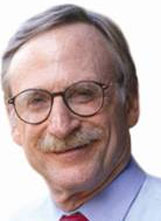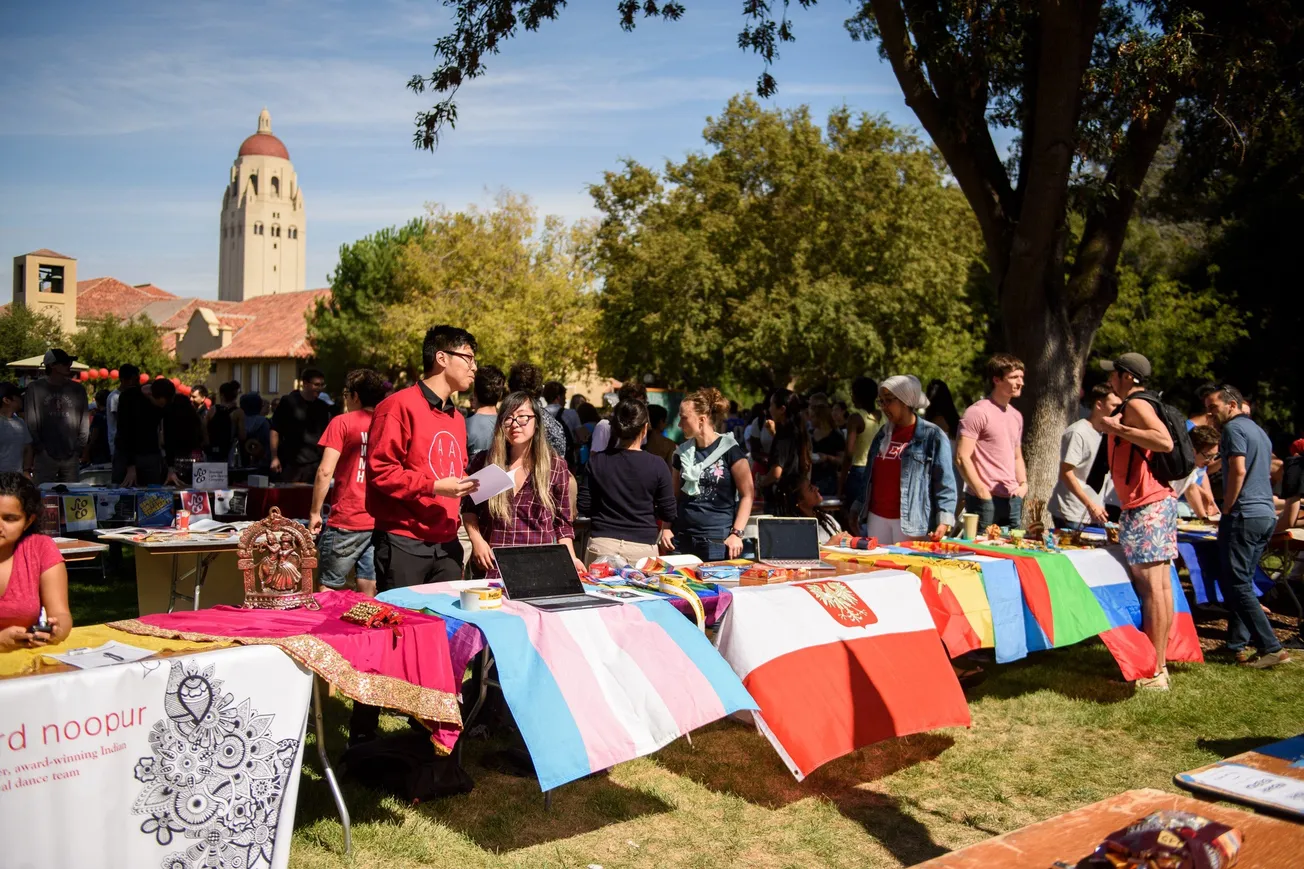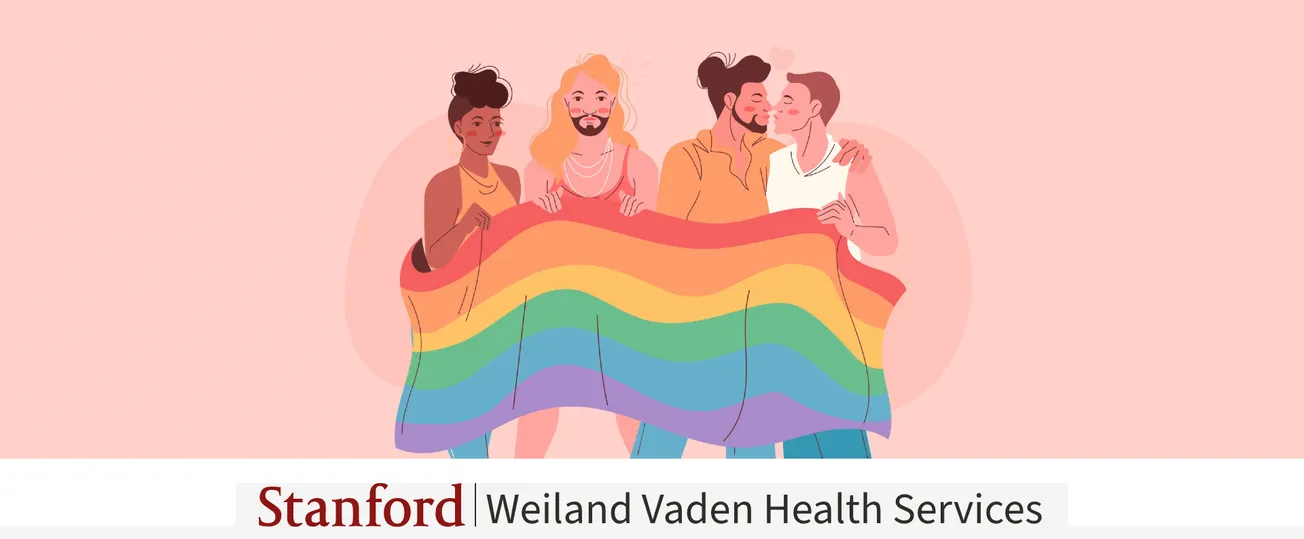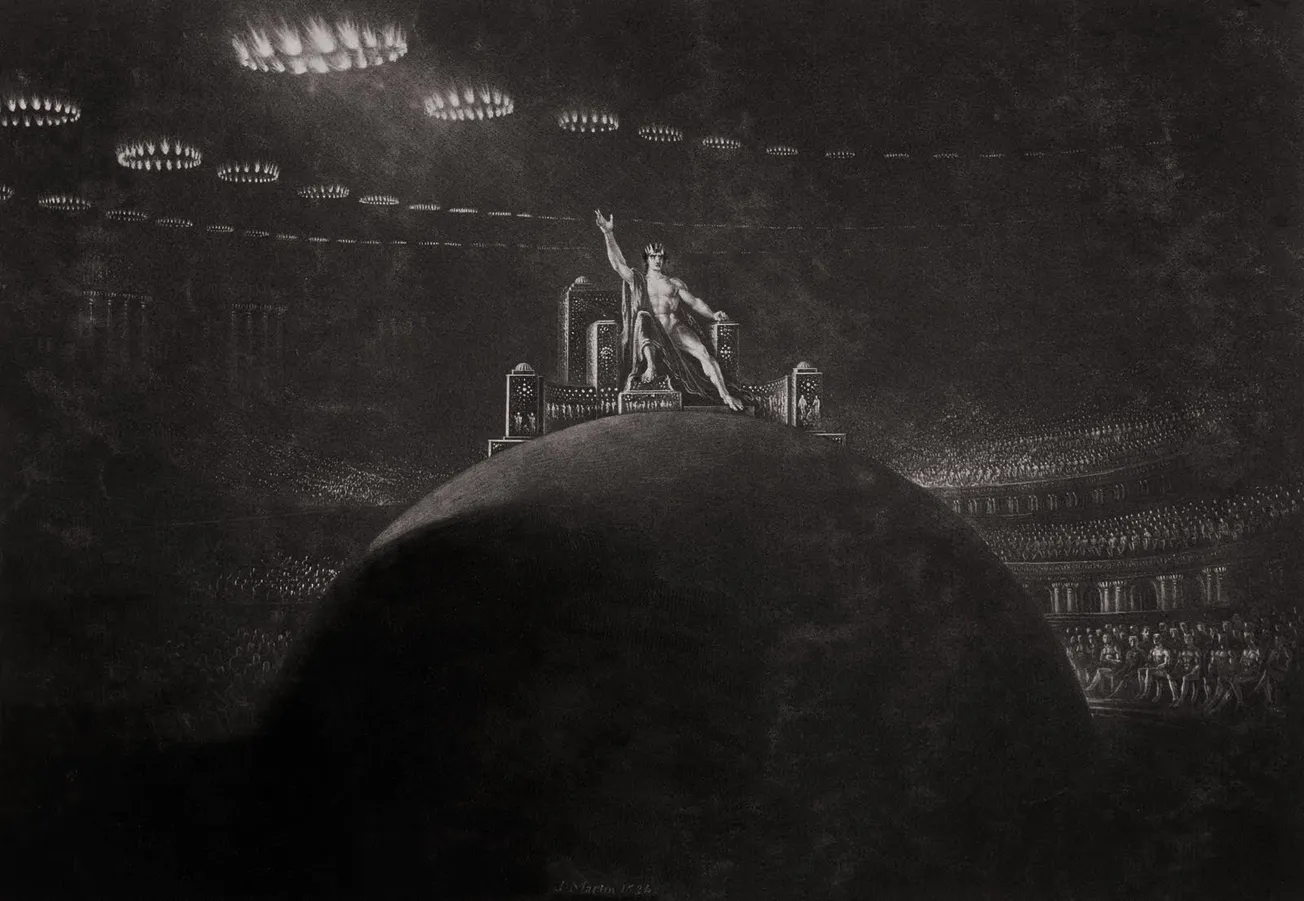Table of Contents
 “5 Minutes With”– *where each week we poke and prod the minds of Stanford affiliates with a series of questions, both causal and serious as well as personal, pertaining to Stanford and news around it. If you have any suggestions for interviewees or any specific questions you’d like to see asked, leave a comment. *
“5 Minutes With”– *where each week we poke and prod the minds of Stanford affiliates with a series of questions, both causal and serious as well as personal, pertaining to Stanford and news around it. If you have any suggestions for interviewees or any specific questions you’d like to see asked, leave a comment. *
If you could go back to your undergraduate experience, what would you do over or do better?
**In retrospect, I probably would have focused on economics sooner. But during my freshman and early sophomore year, I had several different hypothetical majors and took a lot of courses in a lot of different departments. That process was a good thing to find my passion. I think the important thing is to find something that interests you and excites you, but that is also likely to be marketable – that’s the reality we face, in an increasingly competitive market.
What is the most interesting aspect of your research here at the Hoover Institute?
**I have been very lucky in that since I became a professional economist, there hasn’t been a single day that has gone by that I haven’t woken up curious and anxious about how the economy works and why, how policy affects that or can be improved. The list of things that I have been able to work off my list is sizable, but the list of new and interesting issues has grown even more rapidly. So, I think the pure curiosity, the interaction with other professors in the economics department or around the world, the interaction with my students here — historically and currently — graduate and undergraduate make my research the most interesting.
Right now I am heavily focused on fiscal issues and thinking about the long run implications of different tax schemes, of deficit and debt, what their implications are for the US and the rest of the world.
Who is the most interest person you’ve encountered on the Farm?
**I couldn’t possibly name just one – there are countless people, for a variety of reasons: from pure intellectual to power and insight to creativity to quirkiness and fun. They range across a whole array of people. Of course, my contacts have been in the broad economics community. I would say probably on pure intellectual firepower and curiosity, Kenneth Arrow had a lot of influence on my early career. At Hoover, and largely outside of Hoover as well, Milton Friedman had a big influence on me. Many of my current colleagues continue to fascinate and educate me on a lot of things.
If you could take any Stanford course, what would you take?
I would take a course that is totally orthogonal, totally unrelated to what I mostly spend my time thinking about. It would be a course in literature. I love literature, biography, history, great literature, learning about other societies through literature. I don’t get enough time to do that now. If I had the time, I would love to learn more than the small amount of foreign languages I know. I would love to read Russian, or Dante in Italian. Dance or music, or a math course that I don’t have to use in economics. There are a zillion things going on here so I advise my advisees to plan out their schedule to take one or two courses that are just for fun.
You have had the chance to work both in academia and in government, under Bush’s administration. Can you talk about the pros and cons of each?
They are very different. Good economic policies implemented by elected officials should rely on the best economic input. But economic input is only one input and there are a lot of different inputs that matter. There are a variety of things that matter, from pure politics to textbooks. Sometimes what is written in textbooks isn’t relatable to the real world, or when it does, it degrades so much and you get out a pale imitation of the academia that went into it…. It is important for elected officials to confront what we know or what limits the knowledge we have in any field. There are some elected officials who like to assume they can circumvent the laws of [academia] without it coming back to bite you. Some people should move back and forth between these worlds to educate and enrich both worlds.
What is your favorite book?
My favorite book that I am currently reading is Robert Massie’s biography of Katherine the Great. I read that because his biography of Peter the Great is the best book I’ve ever read. He’s a great writer and an interesting historian and Russia is a fascinating place, with some contemporary interests for the United States. I like almost everything I read but I don’t have much time. I read at night, when I come back from wherever I’ve been. But I never have enough time.
————
Michael Boskin is a senior fellow at the Hoover Institute and a professor of Economics. He has spent his time in both academia, working on public finance, taxes, monetary policy and budgets and deficits and in the realm of government, as chairman to the President’s Council of Economic Advisers from 1989 to 1983. He serves on different corporate boards and is a national research associate at the National Bureau of Economic Research. Additionally, he teaches a class at Stanford on public finance and fiscal policy (Econ 141).




